The story of Getty Green, the Witch of Wall Street, the world's greediest woman
Categories: History | North America | Society
By Pictolic https://pictolic.com/article/the-story-of-getty-green-the-witch-of-wall-street-the-worlds-greediest-woman.htmlIf you suddenly think that this is your mother-in-law a snake and a miser, then do not rush to conclusions. History knows worse examples. We are talking about a woman whose name appears in The Guinness Book of World Records marked "The stingiest man in the world"
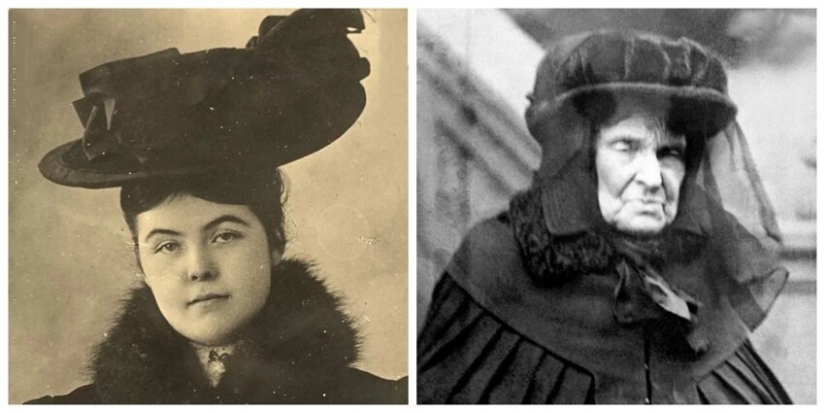
On July 3, 1916, the most greedy woman in the world died. Henrietta Howland Getty Green, who was called the "witch of Wall Street" behind her back, was not killed by greed at all - she died at the age of 81 from a heart attack. Her name appears in The Guinness Book of Records marked "The stingiest man in the world." At the time of her death, Getty was the richest woman of that time, her fortune totaled $ 4 billion. She owned more than 8 thousand plots of land, was a notable moneylender and bought shares of companies related to railways.
Henrietta was born in 1834 in a family that owned a good fortune at that time. The Howlands' main source of income was whale oil. The girl's upbringing was entirely handled by her grandfather, Gideon Howland. Henrietta belonged to a Protestant religious group of Quakers, quite common at that time in the states of New England. The name "Quaker" comes from the English quake — to tremble, to tremble. Among the Quakers' life commandments have always been self-restraint, unpretentiousness in food and clothing.

When old Gideon's eyesight began to weaken, seven-year-old Getty would climb onto his lap and read out newspaper financial news reports with genuine interest, tolerably understanding the difference between stocks and bonds.
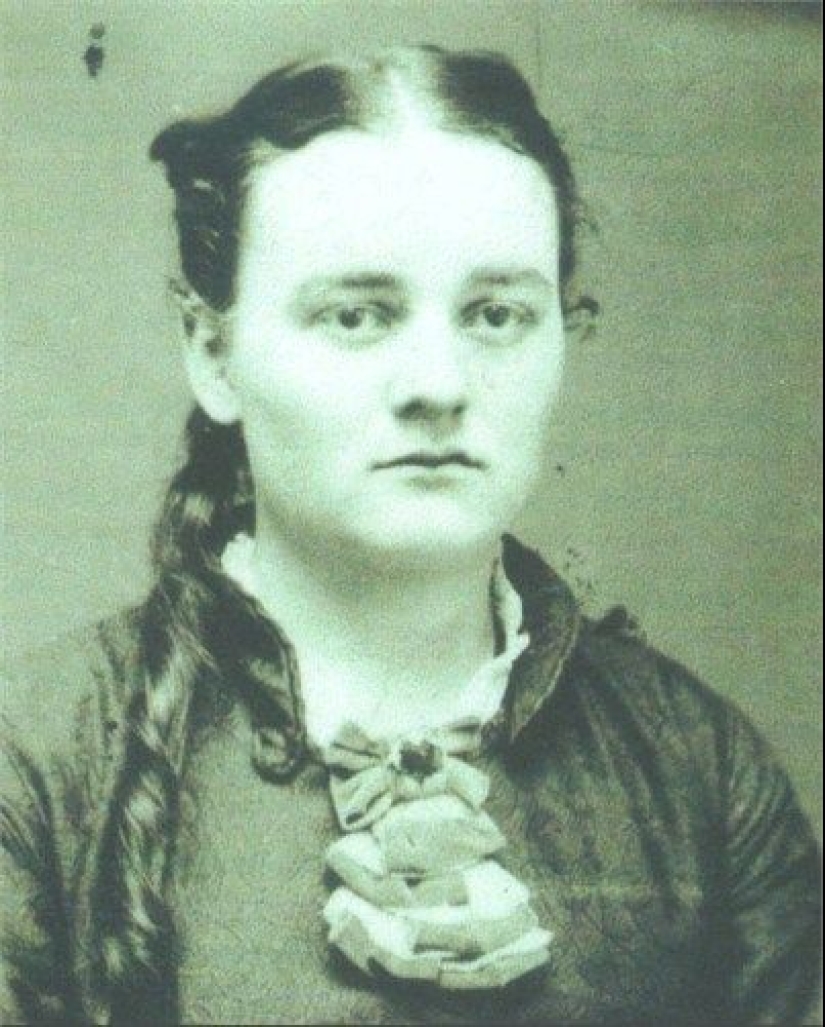
Already as a teenager, the girl was well versed in accounting, helped her father run the business (for a fee, of course) and rejoiced at legal ways to reduce costs. However, she was also happy to save on herself. Considering it silly to spend a lot of money on a prom dress that would be needed once in a lifetime, Getty took them to the bank, and went to the prom in an old one. After school, I studied accounting courses and plunged into the world of finance with pleasure.
There are legends about her incredible thrift, which eventually turned into avarice. Henrietta was quite a pretty girl, but the grooms were slightly alarmed by the fact that the young lady walks in the same worn dress and worn shoes. After her mother's death, Getty rarely hosted parties. And the word "arranged" is inappropriate here: they say that young Green extinguished expensive candles before the guests left, and sold the stubs the next day; the millionaire's daughter did not throw away napkins, but sprayed them with water and ironed them to use them again.
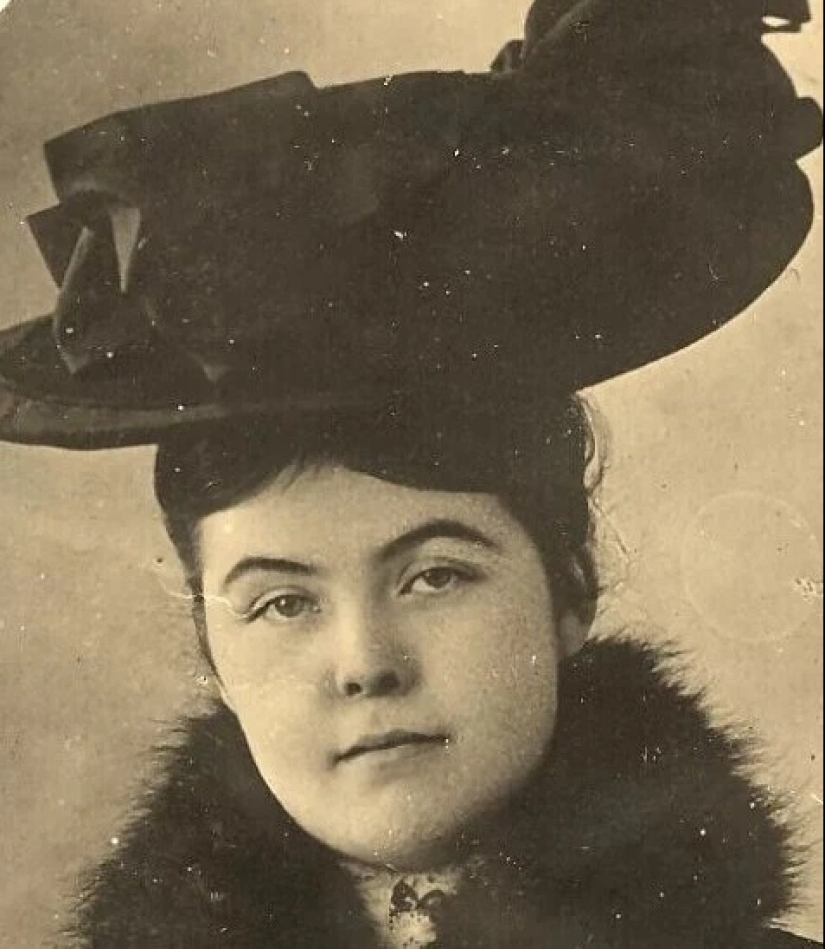
Getty and her father moved to New York. A few years later, my father also left for another world, who warned before his death that he could have been deliberately deprived of his life — poisoned. Since that time, the young woman has become suspicious and suspicious. I ate only what I cooked myself. And then I believed in the miraculous powers of homeopathy and in solid doses I used onions and garlic on a regular basis, "delighting" others with the smell.
After the death of her father in 1865, Henrietta became the heiress of an impressive fortune of 7.5 million dollars. But the daughter did not squander her inheritance on outfits and jewelry: she began to save, invest and multiply. For several years, the litigation stretched — challenging the will of the deceased mother's sister. The aunt bequeathed 2/3 of her considerable fortune to her niece. But then I changed it, and the funds had to go to charity. With the enthusiasm of a wounded tigress fighting for her life, Getty began to fight in court for the inheritance. I found an older will and forged a page that allegedly canceled all subsequent ones.
After her father's death, Henrietta met her future husband, Edward Green. In the family of American Greens there were congressmen and judges, and Edward's own uncle was the mayor of Boston. Edward himself, who spoke several languages, including Chinese, traveled half the world. For eighteen years he stayed in the Philippines, where he made a considerable fortune in the trade of silk, tea, tobacco and hashish.
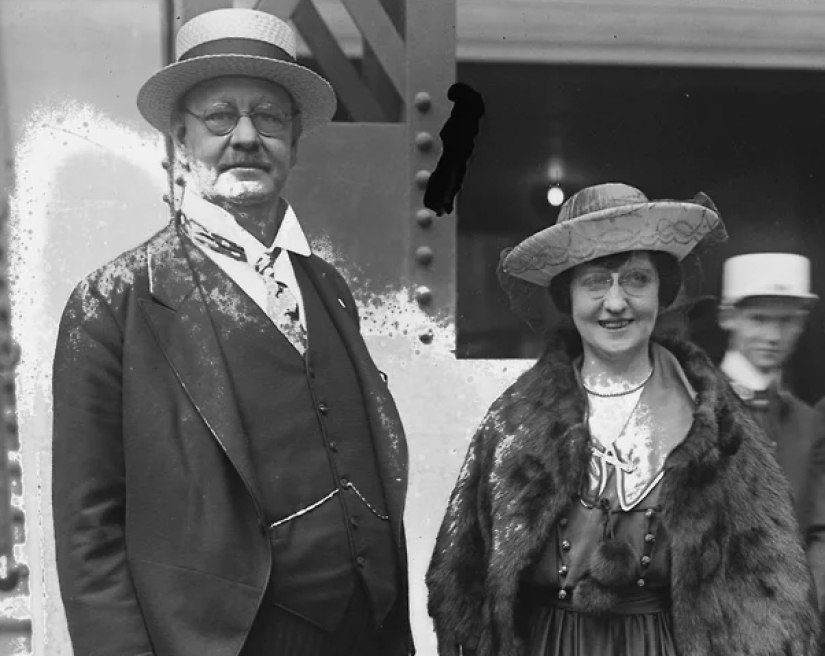
Edward supported Henrietta when her father died, and then when her aunt died. Two years later, 32-year-old Henrietta agreed to go down the aisle with Edward Green. The groom was well over 40, and he clearly, he was not a girl's dream come to life: short, with receding hairline and a tummy. But Getty was attracted by the similarity of views: Edward was also quite tight-fisted and did not like to spend money on any nonsense. The couple legitimized their relationship and sealed it with a marriage contract, according to which the spouse was not entitled to a cent of the Getty fortune. The family is a family, and the money is apart. And even when her husband went broke and got into debt, Getty did not help her husband. She just chased him away.
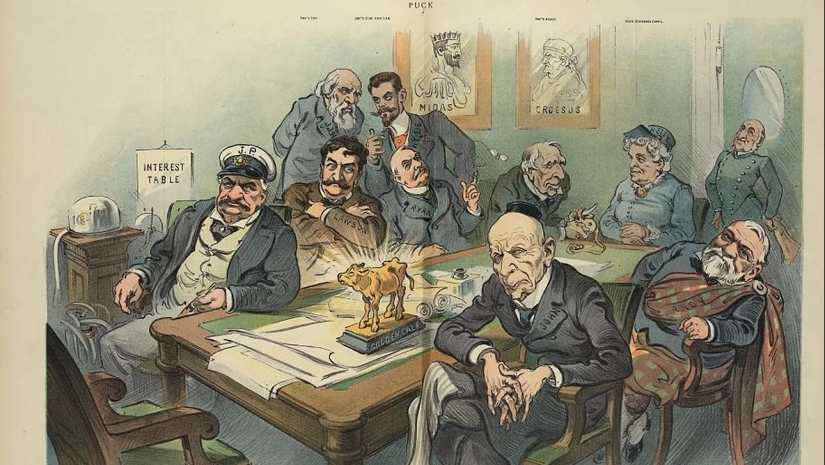
Even then, Getty Green was known by everyone on Wall Street. She owned hectares of land and real estate. She had no equal in usury and in the game on the stock exchange. Brokers knew that if Getty Green buys shares of the company, then tomorrow the price of these securities will skyrocket. When buying securities, Getty learned the ins and outs of the company and could tell even more about it than the owner.
Henrietta left two children from her marriage: Ned and Sylvia, who periodically suffered from their mother's excessive thrift. Green had no home of her own, lived in the cheapest motels, and saved on medicines and groceries. Henrietta almost never spent on clothes and shoes, and changed her underwear only when the previous one turned into rags. She never used the services of maids and laundresses. After reading the latest press, she sent Ned to sell the newspaper. In the store, she could bargain for hours for every cent—most sellers hated Getty.
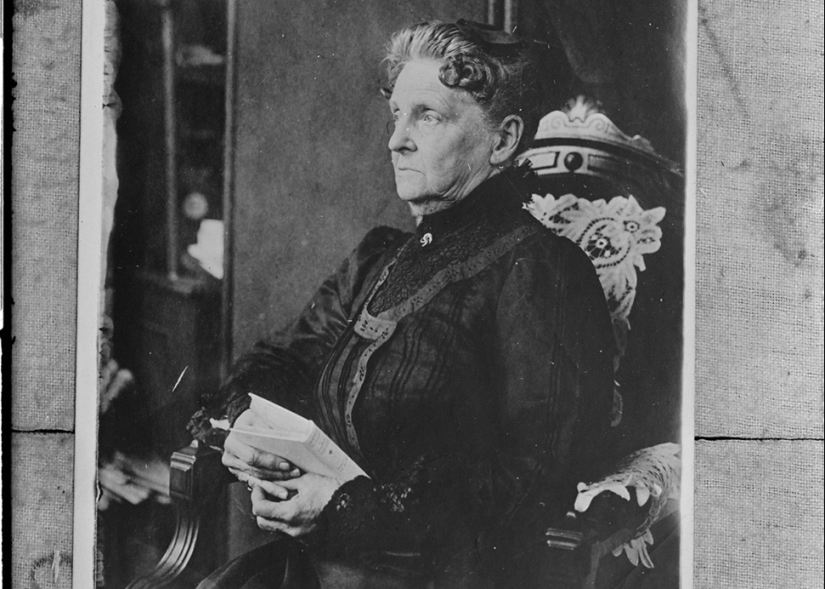
Because of Henrietta's stinginess, her son Ned lost a leg. In one of the frosty winters, Ned was bought a sled. The guy could not believe his luck and immediately chose the steepest and most dangerous slides for riding. During one of the descents, the sled turned over and the boy severely injured his leg. In a fit of economy, Henrietta went to beggars' hospitals for help. Unfortunately, everyone knew the miser well by sight. Doctors refused to help her son. Then Getty decided to treat the boy at home: for several years Ned suffered from terrible pains, and after that his leg was amputated above the knee.
The aging Getty never left the fear of assassination, and she came to rare acquaintances with her own food and even an alcohol burner for cooking eggs. Having received a license to carry a gun, she never parted with a pistol. The cars that appeared, as well as any luxury items, were rejected, saying: "It was enough for Jesus Christ to move the donkey."
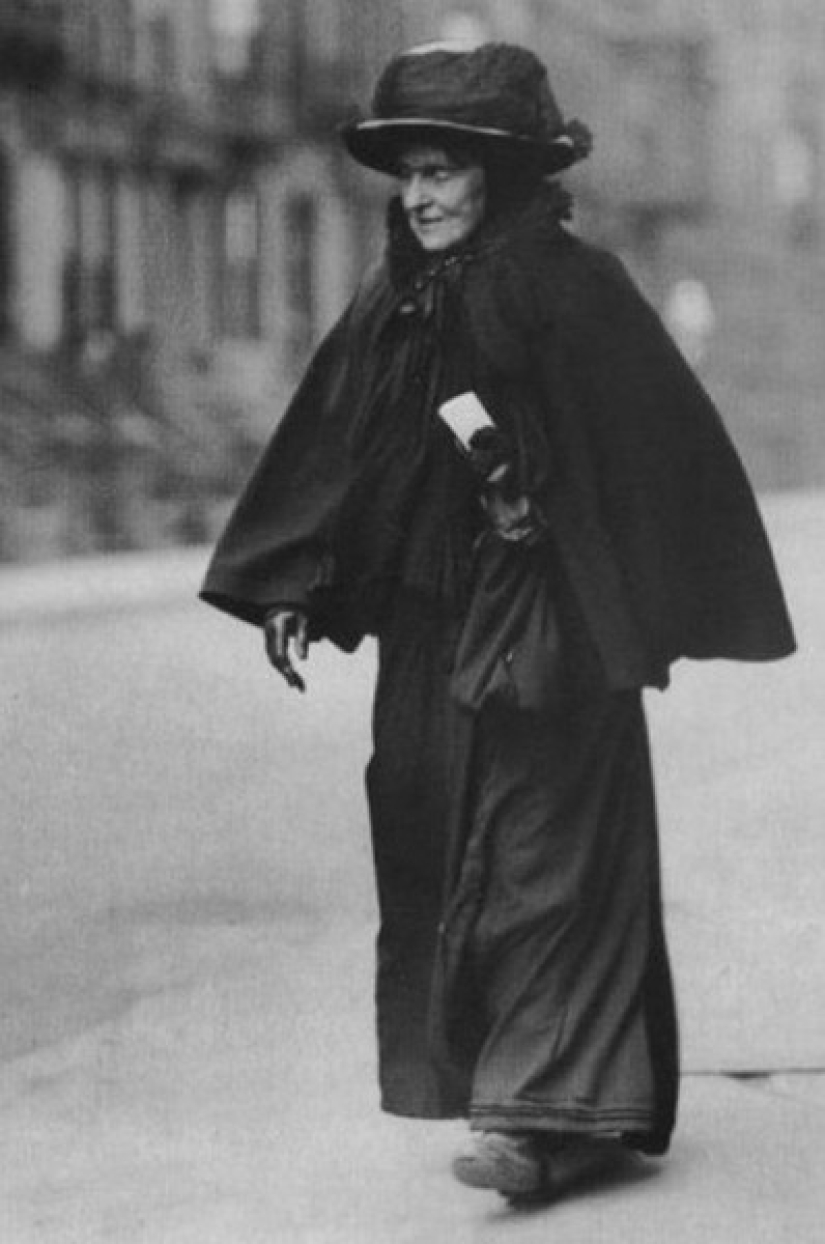
It was at the moment of her morning passage "to the service" that the photographer's lens captured the unusual appearance of this woman: a black deaf cloak, a hat with a widow's veil, an evil old woman's face and a sharp, not at all senile gait. Either this repulsive appearance, or the constant rumors of strange, extraordinary actions caused the appearance of her newspaper nickname "the witch of Wall Street."
In 1902, her ex-husband Edward died. In complete poverty. Mr. Green asked for help from his ex-wife, but she ignored the requests. Getty survived him by 14 years and died of a heart attack at her son's house in another dispute for half a cent with the maid. She was 81.
Modest Sylvia did not contradict her mother and for a long time lived with her as an old maid. But the Getty still approved of the party — the middle-aged millionaire Matthew Astor Wilkes. The woman thus took care of her daughter so that she would not be left alone. But, of course, there was also a pragmatic calculation: the chosen one was almost 20 years older. And he was clearly not in danger of inheriting Sylvia.
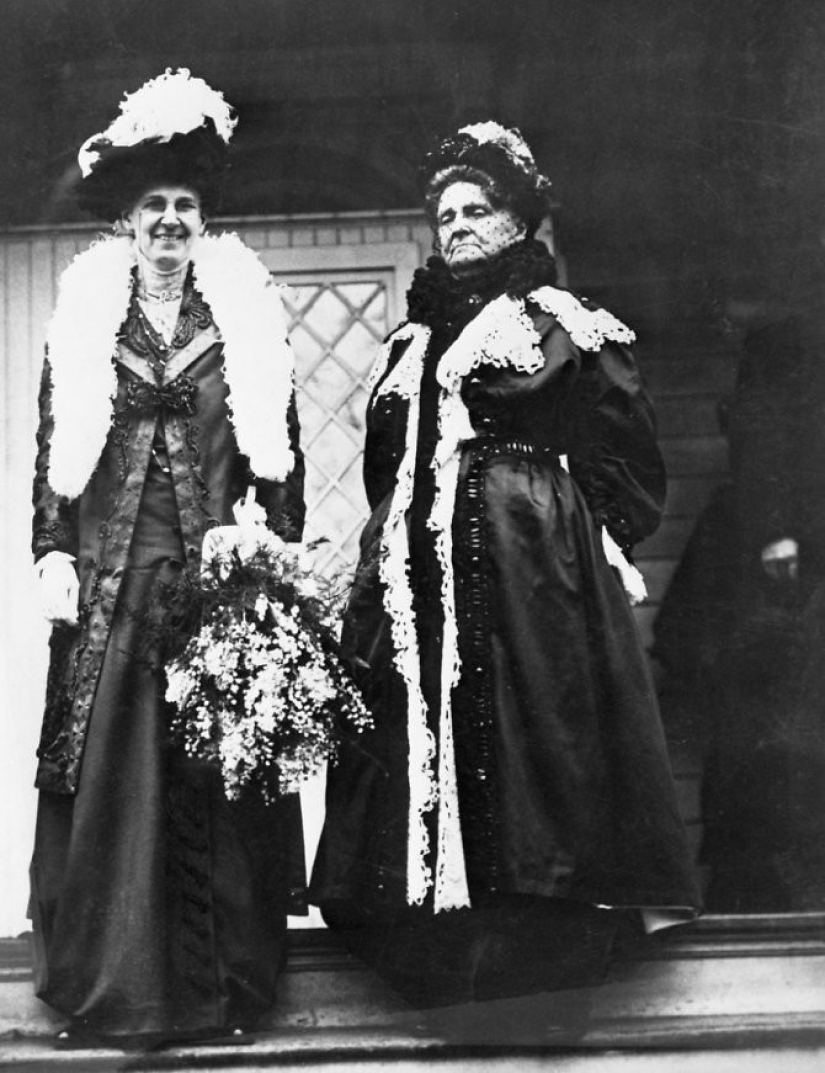
After Getty's death, his fortune was about $ 200 million (about $ 4 billion in current money). Getty bequeathed all her money to her son Ned. He shared his wealth with his sister, and pretty quickly spent the rest on his hobbies and entertainment, including drunken carousing.
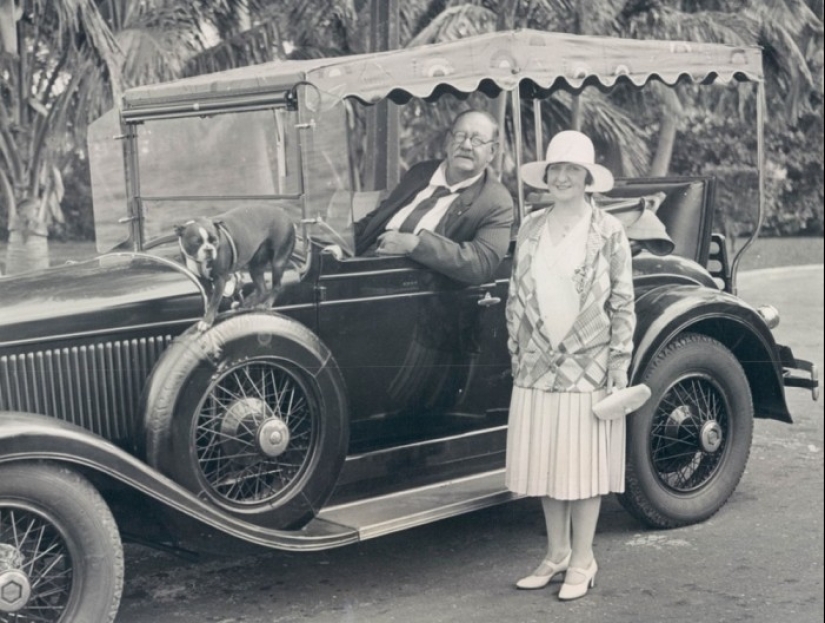
Sylvia outlived her husband by a quarter of a century and bequeathed to give everything to charity. The legacy of the "witch of Wall Street," as the Getty was called, disappeared, disappearing into schools, libraries, hospitals. But the great miser Green left a simple recipe for wealth:
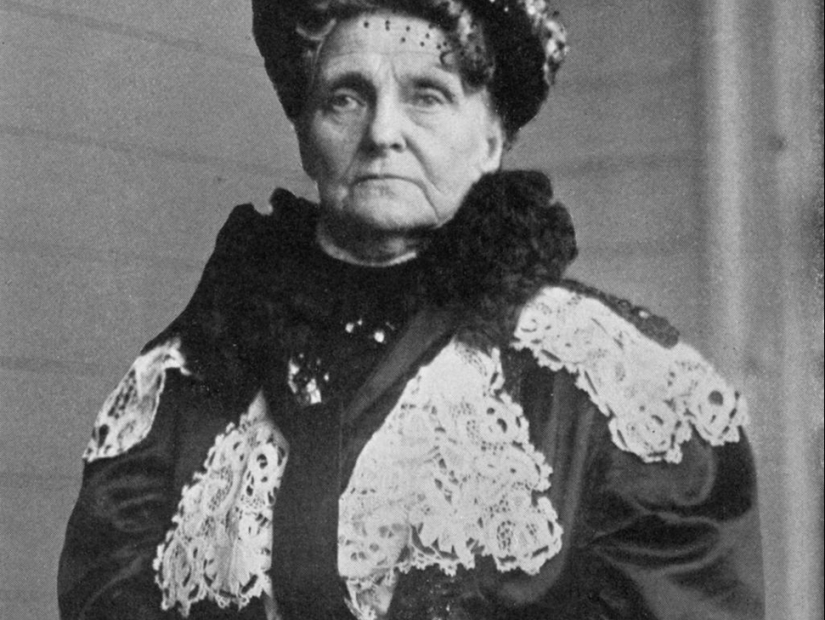
Getty Green is remembered for her analytical mindset, ability to predict financial ups and downs in the economies of countries, ascetic lifestyle and incredible greed. Already in the 1920s, the name Getty Green became a household name in America. In 1934, director Charles Reisner directed the film "You Can't Buy Everything" about her in Hollywood. Several fictionalized biographies of Henrietta Green were published, and a museum named after her was created. She was included in the list of the richest people in the history of the United States.
Recent articles

It's high time to admit that this whole hipster idea has gone too far. The concept has become so popular that even restaurants have ...

There is a perception that people only use 10% of their brain potential. But the heroes of our review, apparently, found a way to ...

New Year's is a time to surprise and delight loved ones not only with gifts but also with a unique presentation of the holiday ...